Here’s the difference between a poem and a song:
The main difference is that a poem is not set to music, while a song is.
Similarities are that both are usually divided up into lines.
Both can make use of repeated choruses, rhyme, and any number of phonetic techniques to create a sense of rhythm, even though none of these are necessary.
If you want to learn in detail how a poem is different from a song, then this article is for you.
Let’s jump right in!

What Is the Difference Between a Poem and a Song?
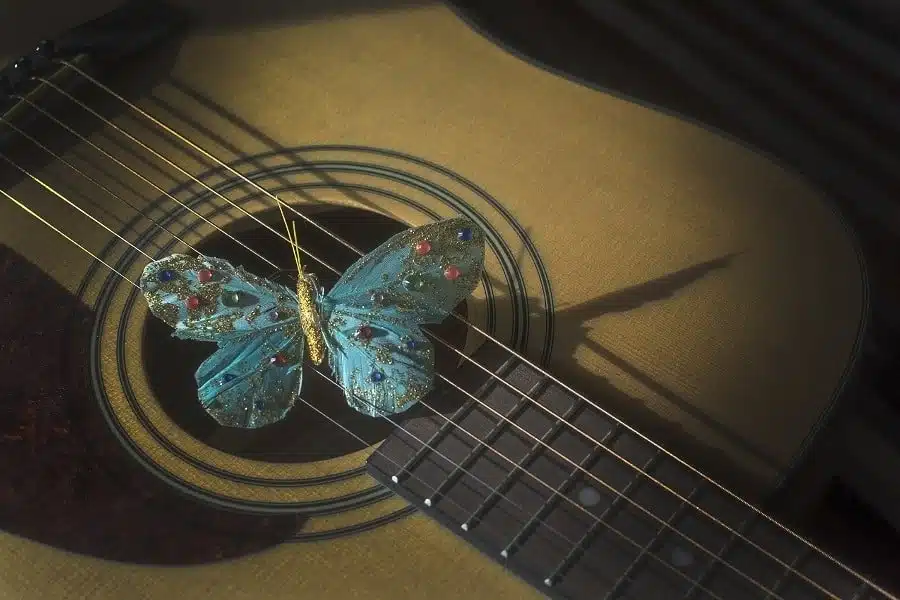
| Poem | Song | |
| Definition | A literary composition that carefully chooses and arranges words in a beautiful and rhythmic manner | A piece of writing that is intended to be sung or set to music |
| How it’s structured | Written with consideration of elements such as stanza, meter, and rhyming scheme | Written to be sung; therefore musical elements such as melody, instrumentation, singer’s vocal ability, rhythm are considered |
| Scope | Poems can be long and tend to have no limitation in terms of length | Song lyrics are typically kept shorter |
| Nature | Poems express a theme using elements such as imagery, rhythm, and sound but don’t need instrumentation | A song also expresses a message or theme but is usually accompanied by instrumentation and is dependent on a regular rhythm |
| Specificity | Words in a poem are called verses and are meant for reading | Words in a song are called lyrics and are meant for singing |
Poems and song lyrics are often compared to each other, to no one’s surprise. After all, the two forms borrow from each other on a consistent basis.
So what’s the difference?
Could it be argued that every song is also a poem and vice versa?
Well, the simple answer is that a song is set to music while a poem is not. But that doesn’t even begin to describe the actual differences, so let’s discuss.
We should first point out their similarities. Both are typically divided up into groups of lines.
For poetry these are called stanzas while in song these are called verses, but they do serve much the same purpose.
Both can use repeated choruses, rhyme, and any number of phonetic techniques to create a sense of rhythm, though none of these are necessarily a given.
Context of the Difference Between a Poem and a Song
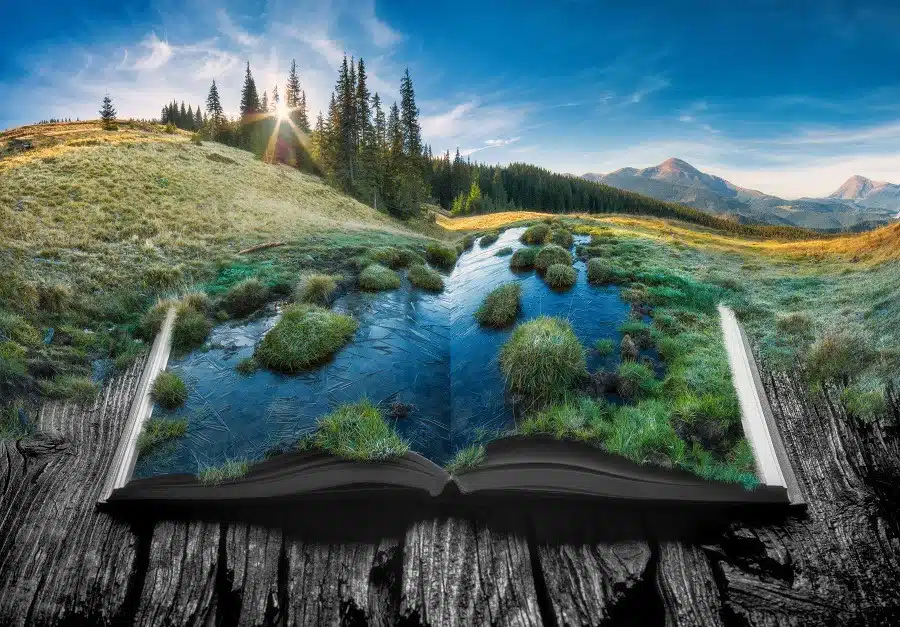
The biggest difference doesn’t merely come from the instrumentals in the background of a song, though.
The real difference between the two is context. While poetry and song have always been intertwined, they do not share the same culture and history.
Poetry, as a tradition, has almost always been considered a form of literature. It initially started out much like a song, meant to be read aloud for entertainment, but diverged early in its history.
As such, poetry enjoys widespread academic attention and is widely studied. When writing a poem, there’s a great deal of pressure on the writer to use metaphor and imagery and technique.
This is because poems, being treated as a type of literature, are expected to have a purpose.
There’s often explicit pressure to give a poem meaning or narrative of some kind.
Every detail matters, and one poorly chosen word can throw off the entire poem.

Songs, for their part, have usually been treated as entertainment. A song is allowed to just be catchy for the sake of being catchy.
Some songs may attempt to be more poetic in their execution, but it’s possible to stand at the top of the music world by virtue of how pleasing the sound is, which means that even hollow repetitive lyrics face far less stigma than they would in a poem.
This does not, however, mean that song is an inferior medium to poetry.
A song can have every element of a good poem and then stack techniques and sounds completely unique to music on top of that.
A song has the potential to do as much or more than a poem in its execution, using a combination of both words and notes to influence the emotions of the listener.
Sound vs. Silence
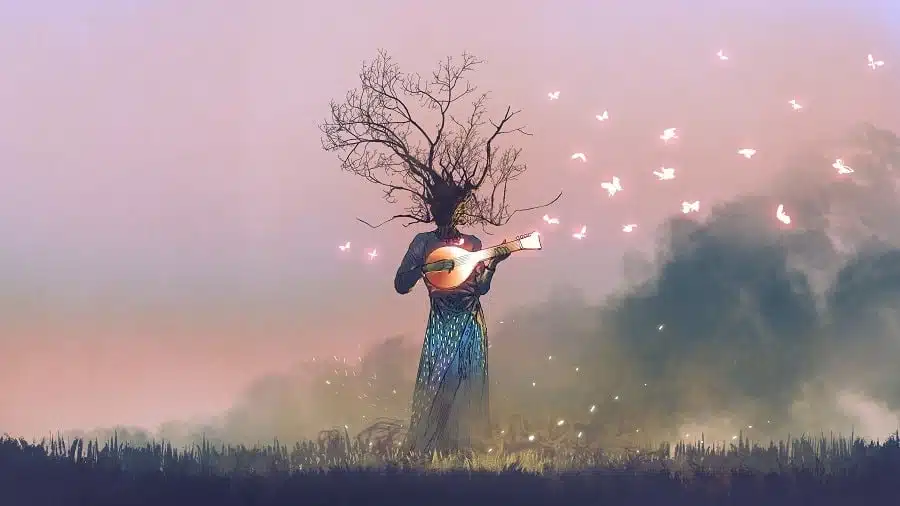
The advantages to a song, therefore, should start to feel obvious.
A lyricist can work together with a performer to combine the advantages of sound and wordplay.
Vocal inflections, purposeful long pauses, and instrument solos that play up a specific tone for the audience can give the song a unique texture that suits it.
So why write a poem instead, then? Why have poems become an academic staple while songs largely haven’t?
One reason is the effect that silence has.
The writer of a poem may use rhyme and phonetic techniques to hint at how a poem is meant to be read, but they aren’t required to and may purposely leave a poem’s tone ambiguous.
This frees up the reader to create their own interpretation of the poem and their own version of the events.

A live reading by one person may make a poem sound like a swashbuckling adventurous tale, while another may make it sound like a heart-stopping tragedy in which two hearts only almost meet.
Unlike song, in which the tone and rhythm tend to be decided by a music sheet, poetry thrives on the ambiguity of its form. There is no right or wrong way to read a poem or interpret a line.
Perhaps the last line was meant to be read as an angry exclamation, or perhaps the speaker was meant to sound sarcastic.
In poetry, the context clues and techniques employed are your only hints as to the poem’s intent.
Two singers might give a set of song lyrics a different meaning, but this often involves the second singer completely rewriting the music that the lyrics were originally set to.
It could be argued that the new arrangement is actually a different song that just happens to have the same lyrics, depending on perspective.
Are Songs Poetry?
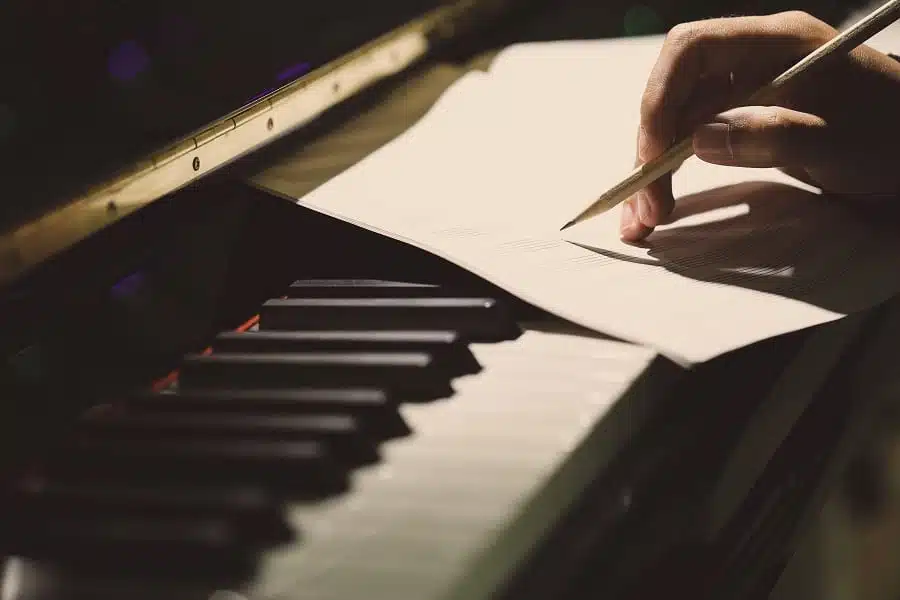
This is up for debate.
My take on it is that every song with lyrics does have a poem in it, but it’s not necessarily always a good poem.
It may be part of a very good song if the lyrics were purposely designed to match the singer’s unique talents and vocal range, but whether it’s a good poem or not depends on how well it would survive in complete silence.
Even a song with incredibly banal and stupid lyrics can still be good if the express purpose was for it to fade into the background of a nightclub scene and not draw attention to itself.
Sometimes music only exists to set a mood, and that’s valid in its own way.
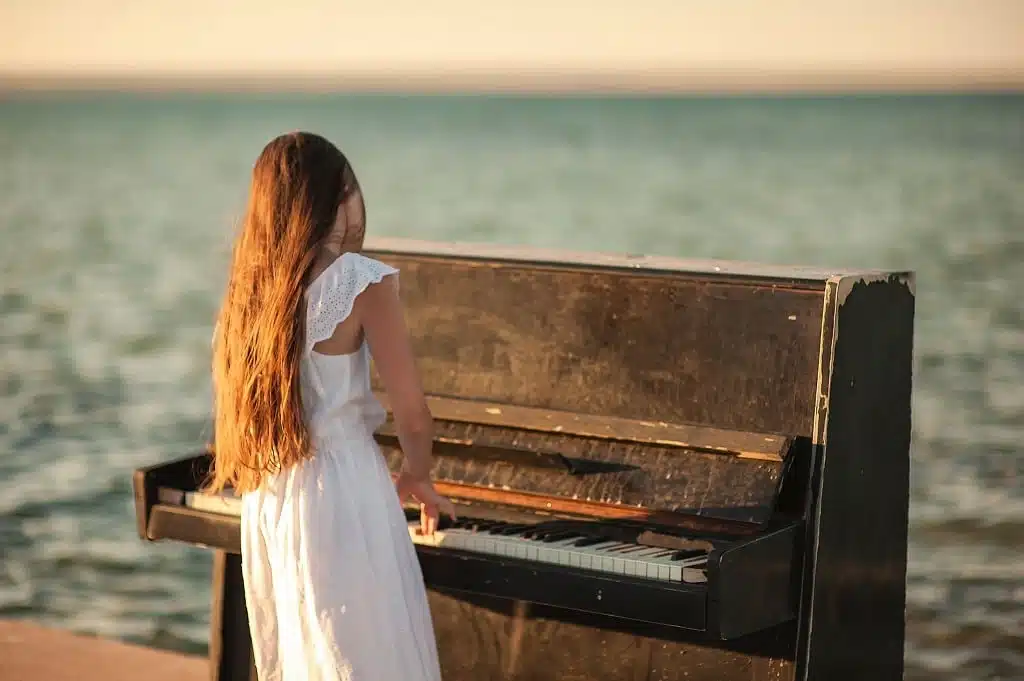
If you took the instruments and notes away from such a song, then it is still a poem, by the vaguest definition, because it has lines and stanzas. It would just be a very, very bad poem.
Conversely, some musicians pride themselves on having deep, meaningful lyrics that tell a story of some kind.
You could drop these songs into silence and find that they leave behind a very well-written poem.
Are Poems Songs?
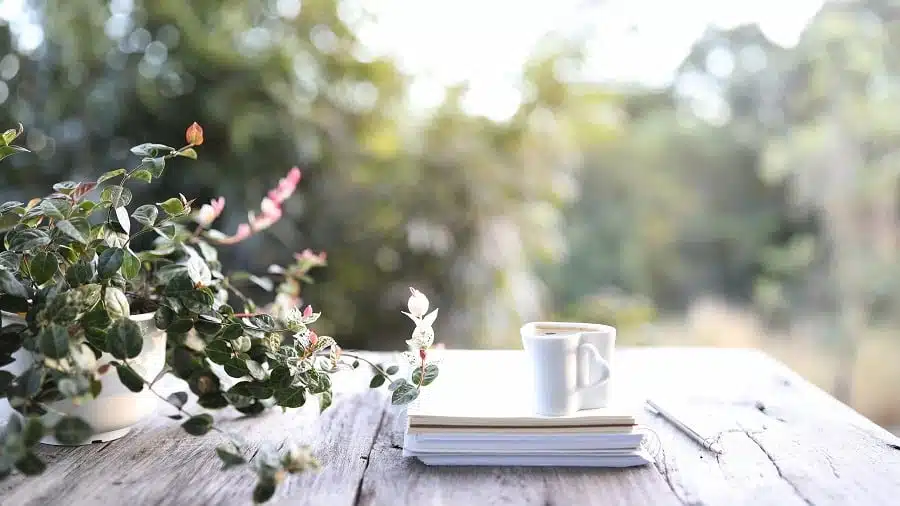
I would say no. While you could argue that music is a specialized form of poetry, I don’t see a compelling argument for the opposite.
Poems, by their very nature, are meant to have no accompaniment. Other than perhaps the snapping of fingers or background noise of a café.
Of course, by that same logic, one could argue that adding music to a poem makes it a song and thus no longer a poem.
Turning poems into songs is common practice, after all. From that perspective, my argument may seem lop-sided for a moment.
But consider this: Every song with lyrics has lines and verses (which is just the musical equivalent of stanzas).
You don’t need to add anything to the song to make it into a poem because the lyrics already fit the broadest definition.
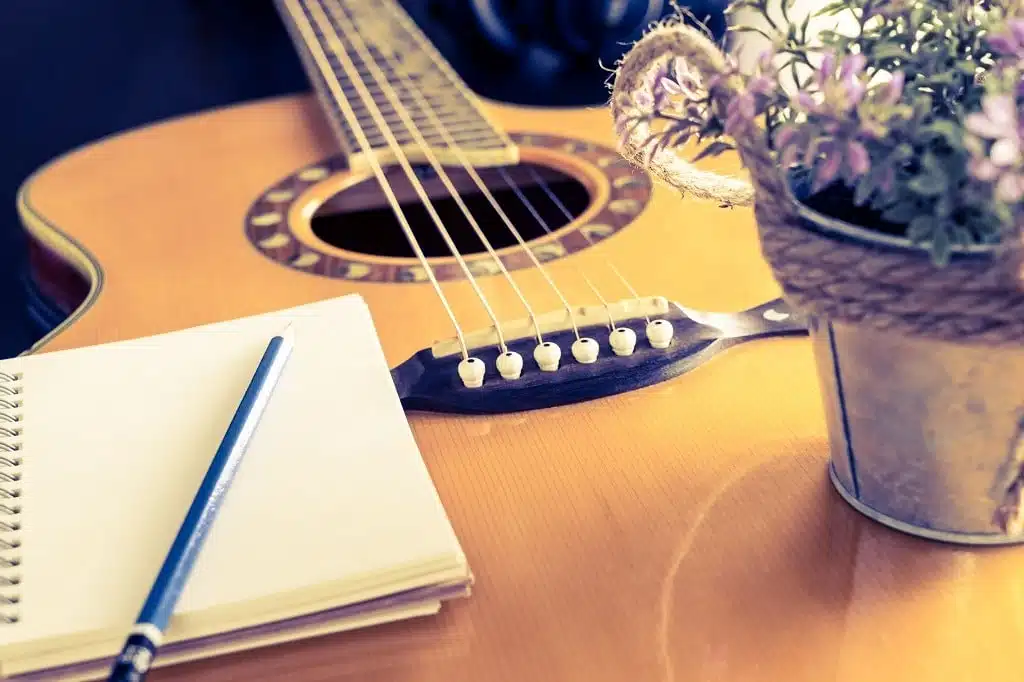
Depending on how you define it, every song with lyrics either is or at least contains a poem. Poems, on the other hand, do not already have music in them.
A poem does not contain a fully realized song and requires additions to be made rather than subtractions.
This distinction between words alongside music versus words in a vacuum may ultimately be all that really divides poetry and music on paper.
Still, this one tiny difference has been enough to lead the two mediums down completely different historical paths. It will be interesting to see if these art forms drift further apart or snap back together as time goes on.
